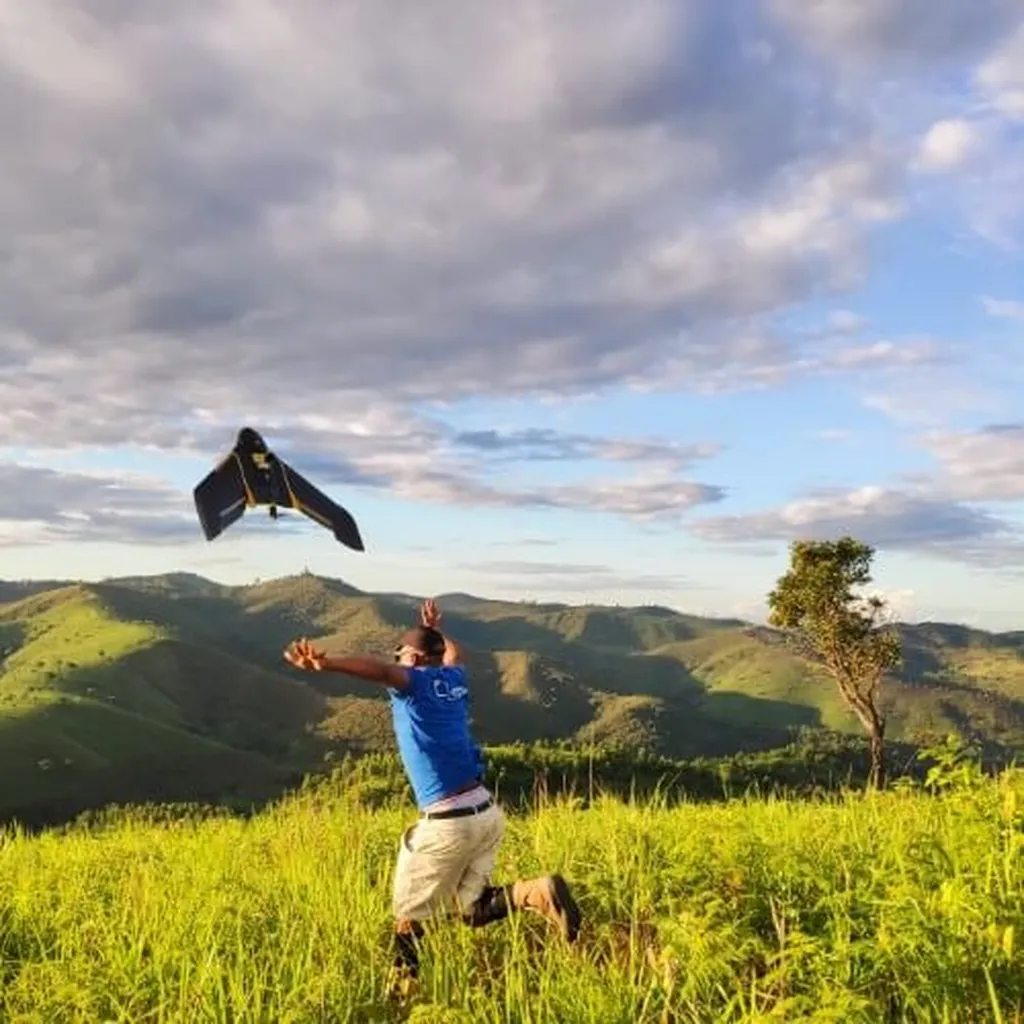The Tanzanian government has taken a concrete step toward modernizing its agricultural sector with the launch of a ten-day drone operation training program for agricultural experts in Dodoma. The initiative, spearheaded by the Ministry of Agriculture, aims to equip technical officers with practical skills in using unmanned aerial vehicles (UAVs) to boost farm productivity and farmer incomes—a move that aligns with broader efforts to position agriculture as a key driver of economic growth.
Athumani Kilundumya, Deputy Permanent Secretary at the Ministry of Agriculture overseeing irrigation and agricultural equipment, emphasized the need for participants to translate their training into tangible benefits for smallholder farmers. “The goal is not just to adopt technology for its own sake, but to ensure it directly improves efficiency, cuts production costs, and ultimately increases farmers’ earnings,” he noted during the program’s opening. His remarks underscore a shift in policy focus: leveraging precision agriculture to make farming more sustainable and profitable, particularly for Tanzania’s predominantly small-scale producers.
Drones are increasingly recognized as a game-changer in agriculture, capable of performing tasks ranging from high-resolution soil analysis and crop monitoring to targeted pesticide application. By reducing the need for manual labor and minimizing input waste—such as excess water or chemicals—the technology offers a way to optimize resource use while improving yields. For a country where agriculture contributes nearly 30% of GDP and employs over 65% of the workforce, such innovations could help address persistent challenges like low productivity and climate-related risks.
The training itself is a collaboration between India’s ROKO DC Company, which specializes in agricultural drone solutions, and a consortium of Tanzanian institutions. Partners include the Tanzania Agricultural Research Institute (TARI), the Tanzania Fertilizer Regulatory Authority (TFRA), and the Tanzania Plant Health and Pesticides Authority (TPHPA), among others. This multi-stakeholder approach suggests a coordinated effort to integrate drone technology into existing agricultural systems, from research and regulation to extension services.
One key question is how quickly these skills will trickle down to farmers. While the immediate beneficiaries are technical experts—who will presumably train others or deploy drones themselves—the success of the initiative hinges on accessibility. Cost remains a barrier; agricultural drones and their maintenance require significant investment. However, Kilundumya’s emphasis on practical application hints at a phased strategy, possibly involving government-subsidized services or public-private partnerships to make the technology viable for smallholders.
The program also reflects Tanzania’s growing engagement with international agri-tech firms, particularly from countries like India, which has rapidly expanded its own use of drones in farming. Such collaborations could accelerate knowledge transfer and adapt global innovations to local conditions—whether it’s Dodoma’s semi-arid landscapes or the cashew farms along the coast, where the Cashew Board’s involvement suggests drones may soon play a role in monitoring pests or assessing crop health.
For now, the training serves as both a capacity-building exercise and a signal of intent. If successfully implemented, drone technology could help Tanzania move closer to its goal of a more productive, climate-resilient agricultural sector—one where data-driven decisions replace guesswork, and where higher incomes for farmers translate into broader economic gains. The coming months will reveal whether this week’s lessons take flight beyond the training grounds.

